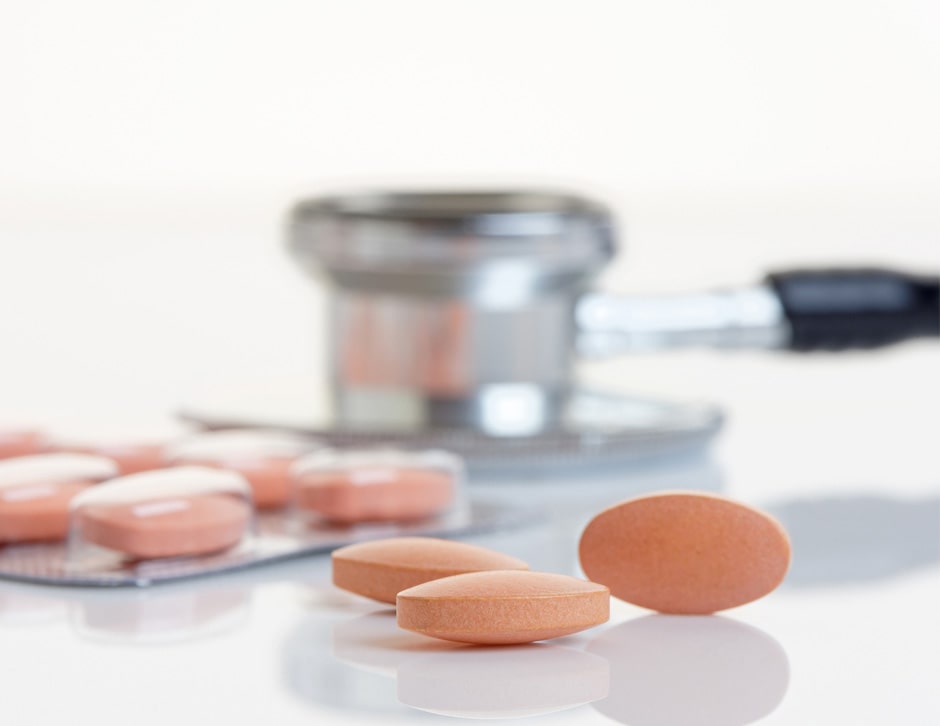
A quick overview of what we’ll cover in this post:
- What statins are and why they are used
- Common myths about statins and why they are untrue
Statins are medications designed to lower LDL cholesterol and triglyceride levels. They are the most common medication prescribed for people with high cholesterol. And for good reason; statins have long been shown to be an effective way to lower cholesterol.
Despite these well documented benefits, there’s a lot of misinformation about statins, which can make some people hesitant about using these beneficial drugs.
We’re here to bust five common myths about statins. Keep reading to learn more!
Myth 1: You only need a statin if your LDL cholesterol levels are “high.”
Context:
Statins are usually prescribed for people with high LDL cholesterol (anything over 100 mg/dL) who are not benefiting from lifestyle changes like exercise and diet. If your LDL levels are below 100 mg/dL, you’re considered “optimal” and don’t need statins. Some even consider up to 130 mg/dL to be “normal,” which can make it difficult to get a statin from your PCP for anything under that. The reality is—130 mg/dL is, in our expert opinion, not good enough. Getting below 100 mg/dL can be challenging without the help from a statin.
The Truth:
While being under 100 mg/dL is considered optimal by most guidelines, some research has called this into question. For example, cholesterol above 70 mg/dL could cause damage and require attention. That’s why a statin could be helpful for you, even if you don’t have “high” LDL cholesterol.
Myth 2: Statins cause muscle problems.
Context:
There is some research showing that statins can cause severe muscle damage called rhabdomyolysis.
The Truth:
The risk of severe muscle damage is incredibly rare, affecting only 1 in 10,000 of all people who take statins (or about 0.0001%). Otherwise, clinical trials have proven that statins are safe, tolerable, and effective. These studies have shown that statins are just as safe as the placebos used in studies (the “sugar pills” with no actual medicine in them).
It’s more likely that experiencing muscle pains and aches are incorrectly attributed to statin usage.
Myth 3: Statins cause “brain fog.”
Context:
The brain contains a good portion of our body’s cholesterol. Cholesterol plays an important role in normal brain functioning, so some believe statins can impact cognitive function.
The Truth:
A lot of research has been conducted examining statins’ effect on cognitive ability. No study has found any link between the two.
Statins can actually help improve brain function. Lowering LDL cholesterol can help reduce the risk of heart disease, such as a stroke, which can have devastating effects on brain function.
Myth 4: You don’t need to watch what you eat while taking a statin.
Context:
Because statins lower cholesterol, it might be easy to think the statin will do all the work you need to lower your risk of heart disease.
The Truth:
The truth is, statins can only do so much. Combined with an effective diet and regular exercise, these different components work together to lower your risk of heart disease, stroke, and heart attack. Diet and lifestyle decisions are still very important.
Myth 5: Statins lose effectiveness over time.
Context:
Some claims have been made that after a year taking statins, they start to lose their effectiveness.
The Truth:
While it is true that studies have shown statins have the most significant impact in the first year, statins actually have a “compounding effect” over time.
A study examining the long-term effectiveness of statins found that compared to the control group that received no active medication, the risk for heart disease and atherosclerotic cardiovascular disease (ASCVD) widened between the two groups. People taking cholesterol-lowering medication had a lower risk over time. Lower LDL levels means less cholesterol exposed to inflammation and oxidative stress in the body.
This doesn’t mean your overall risk automatically goes down every year when taking a statin. It’s all relative to what your risk would be if you weren’t taking a statin.
Addressing your risk
In addition to statins, there are several other tools you can use to protect against heart disease. Get information on your potential risk with our free Personalized Wellness Assessment today to learn more.
Note: The above statements have not been evaluated by the Food and Drug Administration. This product is not intended to diagnose, treat, cure, or prevent any disease.
